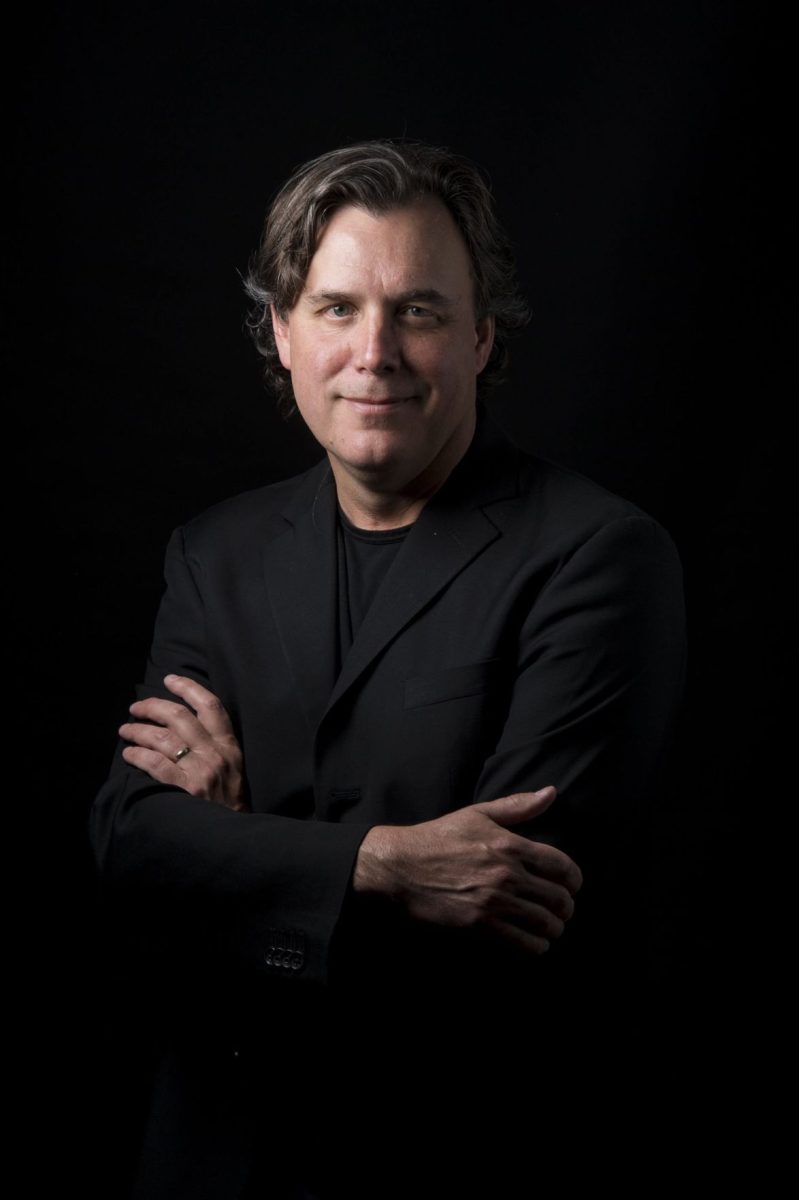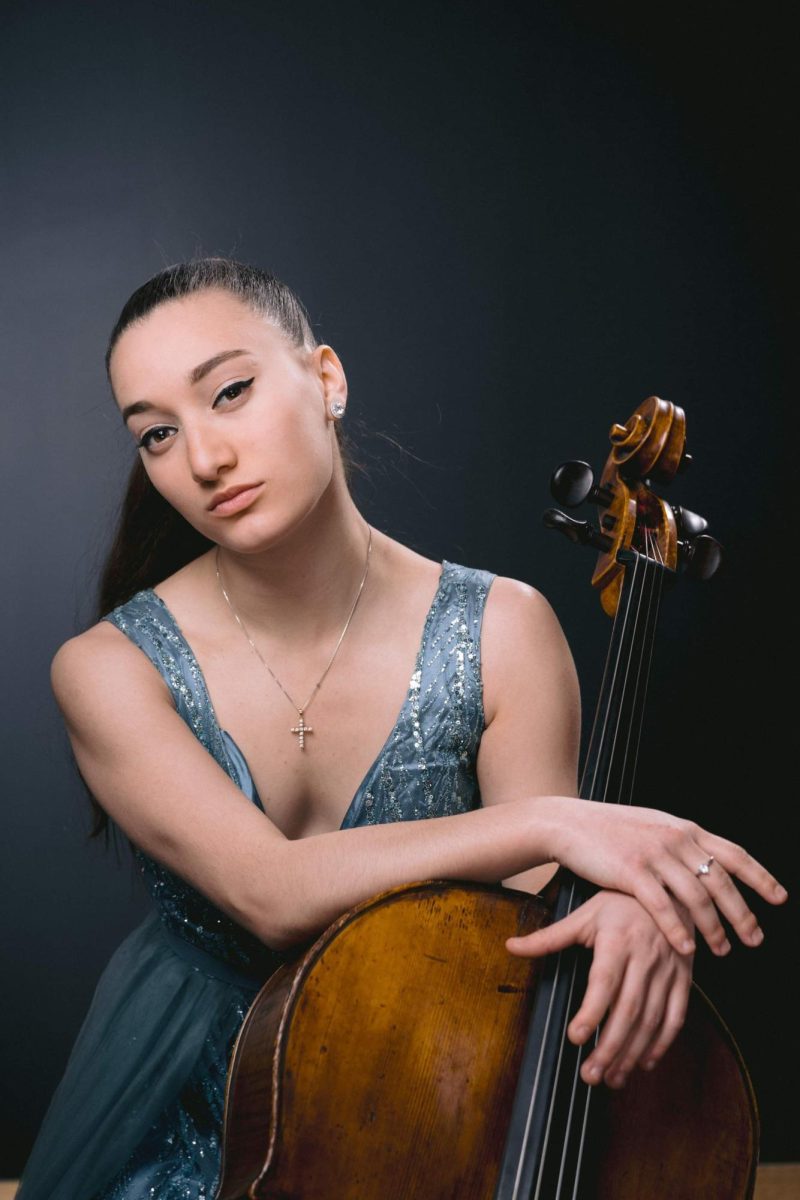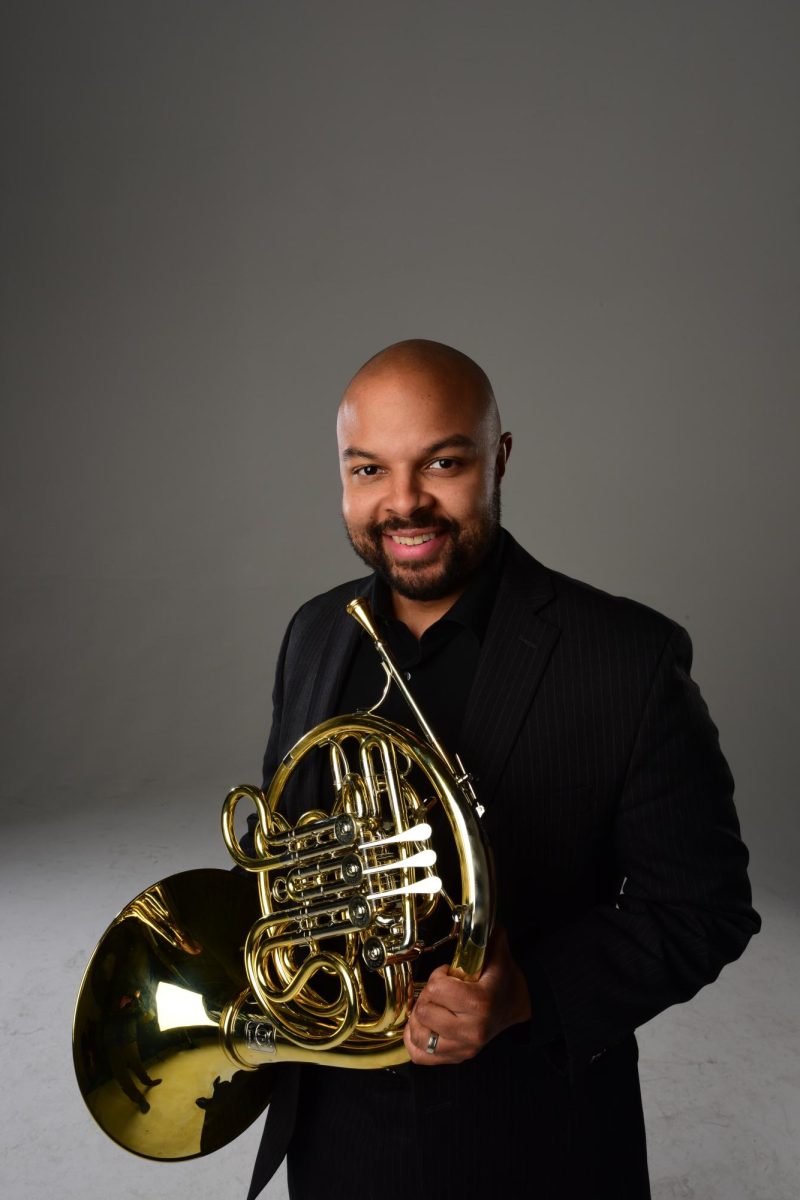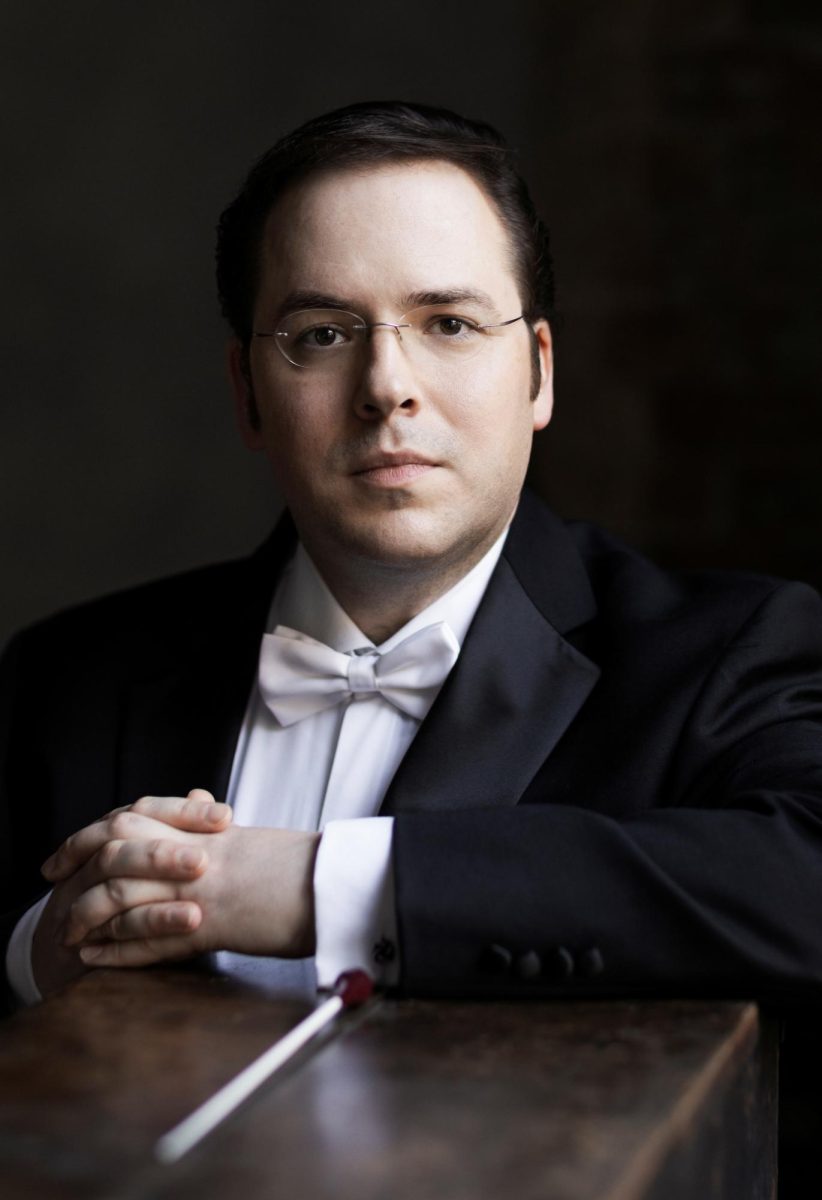Taking the stage Dec. 10 with Chamber Orchestra is Guest Conductor John Kennedy, OC ’82, a percussionist, composer, and conductor who graduated from Oberlin Conservatory and Northwestern University. Kennedy’s work has taken him across the country to New York City; Charleston, SC; Santa Fe, NM; San Francisco; and Seattle, where he has conducted, led prestigious music festivals such as Spoleto Festival USA, worked with contemporary composers, and participated in ensembles. He has made significant contributions to the world of contemporary music and has heavily supported contemporary composers. In 2022, Kennedy conducted the world premiere of the Pulitzer-Prize winning opera Omar, co-composed by Rhiannon Giddens, OC ’00, and Michael Abels. Kennedy will lead the Oberlin Orchestra, Oberlin Choir, and guest vocalists in their performance of Omar Dec. 6 in Finney Chapel and Dec. 8 at the Maltz Performing Arts Center in Cleveland.
This interview has been edited for length and clarity.
You originally studied percussion at Oberlin. What drove your decision to focus more on conducting?
In high school, I had been encouraged to conduct and compose in addition to being a player. So starting in high school, I began studying conducting as well. When I got to Oberlin, it became very clear to me that within the Conservatory, the specializations were very deep, and I felt like it wasn’t going to be enough here to be kind of good at three things. I needed to really focus on being a player first. And I understood that, too — that being a player is a path to being a conductor. So I pursued a performance major here in percussion knowing that eventually I would carry on in conducting and composing as well. I just did class conducting at Oberlin and in graduate school, but I didn’t do any private study. After graduate school, I went to New York, sort of viewing it as the music capital of the United States. I figured it would be my finishing school, so to speak, even while working as a musician. That was a great decision for me because I started my contemporary music ensemble, Essential Music, which enabled me to conduct. I also became so interested in opera that it was easy for me to be an assistant conductor in that circumstance, which is the greatest training you can have — assisting operas and learning how all the different techniques of conducting are necessary in that kind of musical format.
How has your percussion training influenced your conducting methodology?
I think that with percussion, there’s a very expansive notion of what music can be in terms of the elements of music as sound: the elements of percussion that were really formative in many of the musical evolutions within the 20th century, the primacy of rhythmic construction and energy, and also the expansion of our vocabulary of what sound is and what constitutes music.
Also, I had always been an admirer of John Cage’s, even from the time I was in high school. When I moved to New York, I got to know him and work with him in the last years of his life. One of the things that John used to say is that percussion equals “x” as an unknown variable, right? Percussion can be anything. It can be any form of resonance or effect in the world; it can be social impact. I’ve always thought of myself that way, like this expansive notion of percussion. As a conductor, it’s not so much from technical things. Being a conductor has taught me a lot more about the centrality of the breath in music than we sometimes learn in percussion, where we’re devoted to the metronome.
From your travels across the world, is there an experience or person you attribute to being influential in your choice to center your musical endeavors around contemporary music?
I’ve had so many beautiful experiences with so many different musicians and people who, if they weren’t necessarily mentors, became friends and colleagues that have deeply influenced the way I think. I would hesitate to single anyone out, but I think for me, the most gratifying experiences I’ve had have been working closely with composers in helping realize performances of their music that they are really happy with, like in trying to understand not just what they’re going for with different extended techniques and sounds, but also what they’re going for conceptually and trying to communicate with their audiences.
I’ve had really deep and rich rewarding experiences with composers that include Kaya Saariaho, Helmut Lachenmann, and Lisa Lim, which also developed into deep friendships. That has just been wonderful — to feel like the world becomes smaller, that we’re all bonded by music. I’ve had this privilege of getting to know some really extraordinary composers composers personally, even Cage. I would go to his house and help him at his apartment on Sixth Avenue to do some editorial work for his late compositions.
Between having first conducted Omar in 2022 and now returning to it two years later at your alma mater, what is something you are looking forward to with this performance?
Doing it with students and doing it in the place that helped birth it. Rhiannon is very loyal to Oberlin as well. She’s very open about how important her experience was to her. I have to believe that this opera wouldn’t exist if it hadn’t been made by a creator who studied voice and opera and yet had the courage to be a citizen musicologist — folk musician, shall we say — someone who explores history and musical roots deeply as she has done. I don’t think this opera would be what it was if she hadn’t attended school here. And even for me, as an activist music director impresario as I was at Spoleto, if I hadn’t been in that role and hadn’t been a product of the Oberlin firmament of always trying to do projects which change the repertoire and are culturally relevant, I don’t think Spoleto would have commissioned the opera either. I think that because of the beautiful kismet of our firmament as people who’ve come through this environment, Omar is partly here because of our experience as students here. So it’s really beautiful for all of us to be able to share it now with also the history of this institution and how it was founded in 1833.










